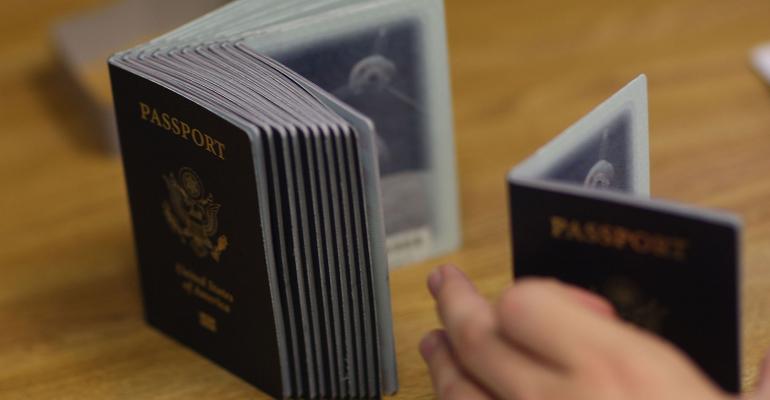Might your clients benefit from dual citizenship? Acquiring citizenship or residency privileges is increasingly open to anyone who can make a significant economic contribution, often in the million dollar range, to a designated country.
Why would your client want to consider acquiring dual citizenship or residency? Eric Major, CEO of Latitude Consultancy Limited, a company that specializes in “investment migration” services, provides five key considerations that nicely fit under the acronym SMILE.
- Security: Geopolitical events, political instability, climate change, fiscal challenges, as well as civil unrest such as was recently seen with the massive protests in Canada, which caused frozen bank accounts, may spur wealthy investors to think “two passports may be better than one” thereby leading them to seek a backup plan.
- Mobility: During the pandemic, many U.S. citizens found their visa-free travel options reduced by half, whereas a passport from one of the Caribbean countries would have provided much better access. In fact, a Caribbean passport offers visa-free travel in as many as 157 different countries.
- Investment opportunity: An additional citizenship, unlike property, vehicles, jewelry or art, is for life and can be passed between generations and is much more empowering as it enables a family to reshape how future generations live, work and invest.
- Lifestyle: In many countries, the lifestyle, warm weather, climate or pace of life or culture may be more congenial.
- Education or Employment: Family members may want access to education or employment opportunities that might come with residency or citizenship.
Let’s suppose your client would like to explore citizenship or residency by investment. What would it involve?
Passport Privileges
Let’s start with the cost for passport privileges. In some of the Caribbean countries, they can be obtained for a local investment of as little as $200,000, and this covers a family of four. The price depends on the country.
If they choose St. Kitts, they could travel visa-free in 157 countries, not including the United States and Canada. A passport from Dominica would enable them to travel visa-free in 137 countries.
Citizenship
Cost and residency requirements vary from country to country. Let’s take Malta as an example.
The investment requirement would be in the range of $1 million with the entire process taking 14 to16 months.
However, once your client’s family acquired Maltese citizenship, this would entitle them to live in France, have a villa in Spain, work in Germany or hang out in Ireland. Citizenship in one European Union country entitles them to the right of settlement in all 27 EU member states.
How to Do It
Applying for residency or citizenship begins with considerable paperwork.
The host country typically does comprehensive due diligence to make sure that the applicant is who they say they are, isn’t partaking in any nefarious activity and generally has a clean background. The applicant would need to provide a birth certificate, marriage certificate and banking information.
Depending on the country, there would probably be additional background checks. Part of the country’s goal in doing the background check is that they want to avoid having people coming in who would cause reputational risk to the country.
Typically, the paperwork and background checks take about three months. After approval, the individual or family needs to make the required investment in the host country. A couple of weeks later, if all goes well, they’ll get their passports.
Major has noticed that the pandemic and recent geopolitical crises have spurred interest in “citizenship by investment.” Since 2020, he’s seen a 700% increase in citizenship and residency inquiries from U.S. citizens.
His view is that having dual citizenship is about being empowered and having choice. No one knows what the world will look like five or 10 years from now, but now could be a good time to act. For many, it’s like a nontraditional insurance policy that’s better to have and not need, than it is to need it and not have. After all, it wasn’t raining when Noah built the ark.





